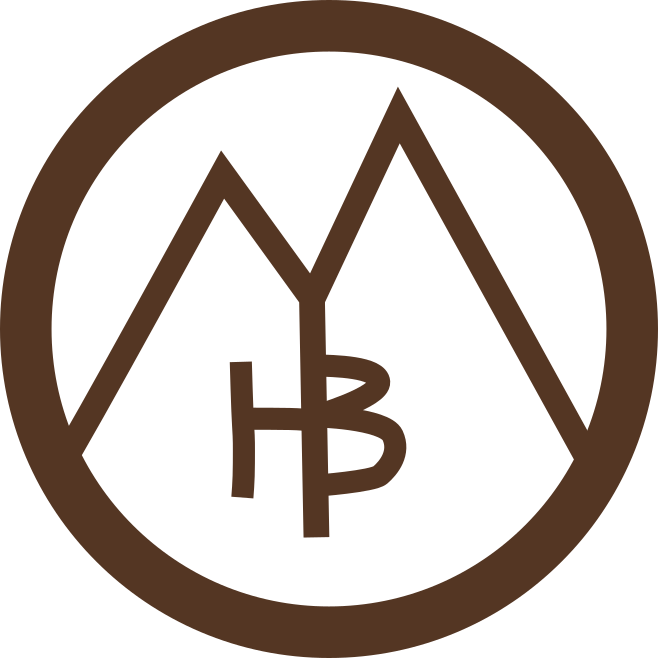Labor and a fence
Does the labor of your life make you larger or smaller? Does it expand who you are—and more importantly, who you can be—or constrict it? Does it make you more yourself or less?
My partner, my friend M—both labor at tasks that make them larger. Their jobs make them more of themselves. A gate opens in the fence that surrounds them and a voice says “here, you may now wander farther, roam freer.” And when that enlarged pasture should itself feel restricting, a new path is opened. “Venture even farther if you like.”
By contrast, mine is the type of job that constricts, that makes me smaller, and not simply by a degree or two. The fence posts are constantly moving inward. I rest at night, and when I wake in the morning, they have all closed in a foot. I see, when I look through the boards, those holes where the posts used to reside. The next night they move even closer. One is removed for being superfluous—the others close the gap effortlessly. And so they march, those posts, and the line of pits behind them attest to the space I once occupied.
One night, I lay down beside the fence because I am curious what will happen. Will it step over me while I sleep and leave me on the other side, suddenly free? Can I outwit it so easily? Come morning, all of the fence save that portion beside me has shifted inward and more so than usual to compensate for the part that could not, by my proximity, move. Ah well, it was an idea worth trying.
What would I even do, I wonder, if I had woken up suddenly liberated from my trap? I might conceivably have been overcome, and my heart might very well have stopped outright from the shock and awe and airless rarefaction of instantaneous liberty. So if you think about it properly, the fence is merciful really. It is kind in constraining me. In its tightening embrace, I am safe, safe from myself, and more importantly the need to become myself.
I awake on a later morning to find rough wood everywhere. I roll onto my side—my shoulder strikes fence boards. Same on the other side. I stretch my toes, and there, there I feel solid resistance once more. I reach above my head, and my fingers brush rough planks. I should be happy, I tell myself. I should be giddy even. I am so safe, so protected. So why does the laugh that bursts forth sound so much like a sob?
That is the labor to which I dedicate eight hours a day (not counting, of course, my mandatory 30-minute unpaid lunch break). I also write, though. That is a labor. What of that? What of this, this labor I encase between notebook covers? Is it freeing or constricting?
Some mornings, I awake to find a fence has been erected over my nose at night. I cannot sit up without bruising my forehead. The posts pin my limbs in place. Other times, I lie down in my pen at dusk—and I wake up on some distant crag-faced mountain, the unrisen sun tracing a thin copper arc along the horizon. What is a fence, I ask myself on such mornings, but I cannot remember.
